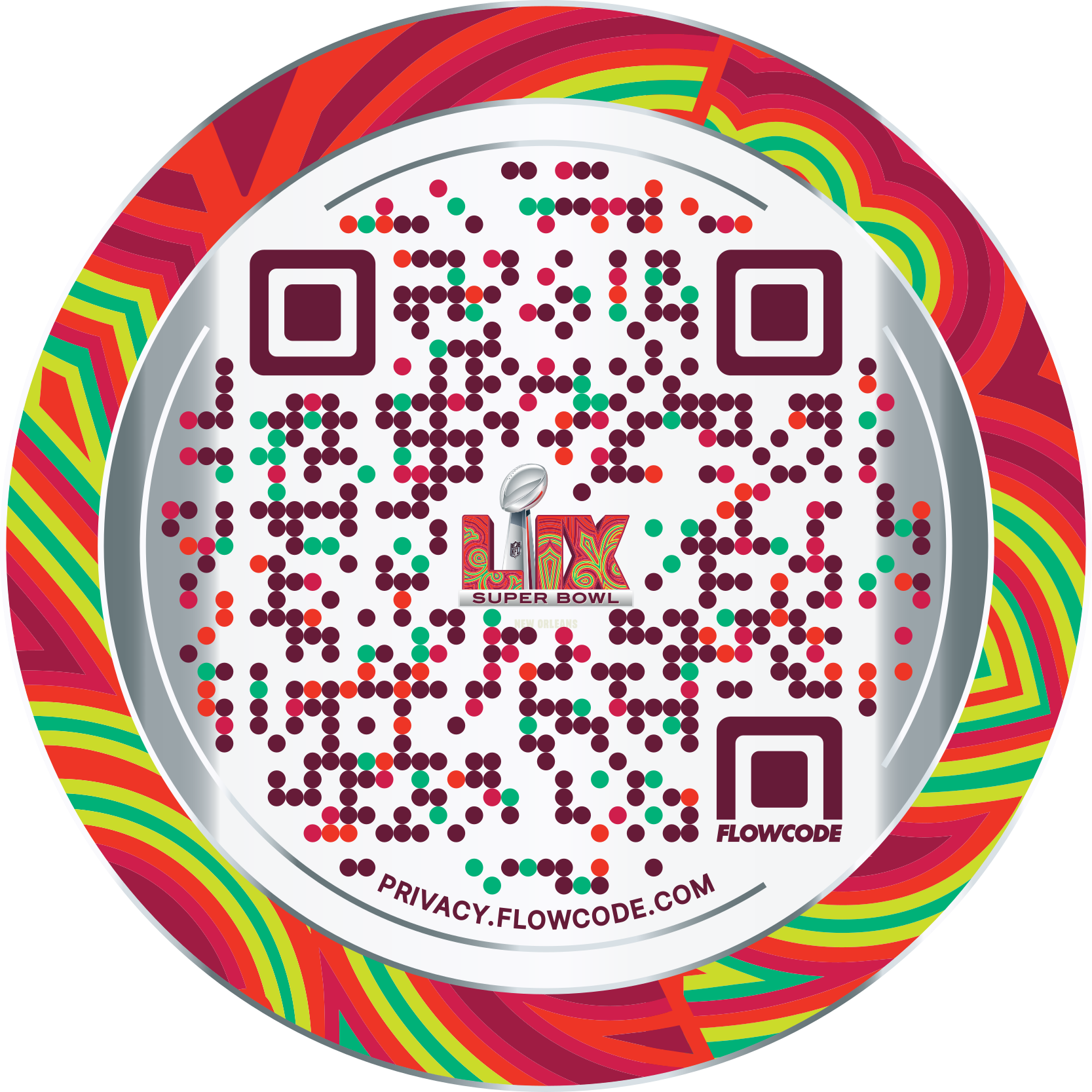
Many people are concerned about potential privacy issues when they scan a QR code. It’s a reasonable fear: any link or digital content can expose the user. That’s why Flowcode is designed to be fully compliant with applicable consumer privacy laws.
In an age where people’s personal information is a hot commodity, it’s crucial to handle data in a transparent and secure manner. Flowcode provides that — unlike standard QR codes, which may present a privacy risk! Read on to learn why you should use Flowcode and how to identify safe codes to scan.
Privacy Risks with QR Codes
When you scan a QR code, you have NO idea how and where that code was generated, what platform is behind it, or what data is captured from it and how they are using it. You may land on a signup form that seems innocent enough, but after you enter your email address, you could start receiving endless spam.
True, some of these risks are just part of browsing the Internet. Even legitimate sites can be hacked by cybercriminals who steal your personal information. And unscrupulous companies can follow all the security requirements, then re-sell your data to spammers.
The problem with QR codes is that they’re typically scanned with phones, which often don’t have the multiple levels of protection that a desktop device has.
But the biggest issue is that a code’s destination URL is often concealed. Nearly 70% of consumers are savvy enough to identify a malicious website, but on mobile devices, it’s harder to inspect the URL. And of course, many codes generate phone calls, emails, and texts, all of which are harder to analyze. While QR codes are meant to allow people to instantly access digital content, that immediacy can make users forget to be cyber-safe.
So, Are QR Codes Safe to Scan?
All that said, QR codes themselves are not inherently dangerous. Each code is merely a visual representation of a short link. In dynamic QR codes, that link can redirect anywhere and can be changed after the fact. So any risks from scanning a code depend on that destination, not the code itself.
However, that does mean that users should be cautious when scanning generic QR codes. While a suspicious website is often obvious (e.g. misspelled words, random strings of text and numbers, browser warnings), more than 70 percent of people can’t tell whether a QR code leads to a good site or a bad one.
Another consideration for QR code safety is that some QR code generators are less than trustworthy. While it’s unlikely that they’ll collect more than your location and device information, you still can’t be sure what they’ll do with your data. And if you’re creating your own QR codes, you’re probably handing over even more information, such as your name, email address, and company information.
So, how can you stay safe when scanning or creating QR codes? Easy — use Flowcode instead!
Why Flowcode is More Secure
When you scan a Flowcode, there is no question where that code was generated and how easy it is to learn more. Our privacy page, privacy.flowcode.com, is featured on every single code. So, not only do you know the provider behind the code, but you can also easily access our privacy policy. It's legit, just ask our mascot Codee!
Plus, all of our codes meet the highest level of privacy compliance standards, both GDPR and CCPA.
Let’s review a couple of major pieces of privacy legislation and how they impact your digital life.
GDPR: The General Data Protection Regulation (GDPR) is a comprehensive consumer privacy law. It was drafted and passed by the European Union (EU), so if you live in the EU or your company targets EU residents, GDPR applies to you. This regulation requires that all consumers have full transparency in how their data is used, and it can only be used for purposes that are disclosed to the consumer. Also, all data must be stored and managed securely.
CCPA: Another key piece of privacy legislation is the California Consumer Privacy Act (CCPA). While it applies only to California residents, any organization that targets people in California is subject to CCPA. Plus, CCPA’s guidelines have inspired other legislation around the world. CCPA focuses on giving consumers the opportunity to know what personal data is being collected, opt-out of its sale, and request that it be deleted.
All these guidelines shape Flowcode’s privacy practices. We want to keep our customers and every single person who scans our codes safe and secure.
Most people don’t read the fine print, but with Flowcode, you don't even have to — you are always protected. We aim for transparency so both marketers and consumers can easily identify a secure Flowcode and feel confident with every scan. For more information about how we protect your personal data, read this!
Connect to unlock a personalized demo


































.png)














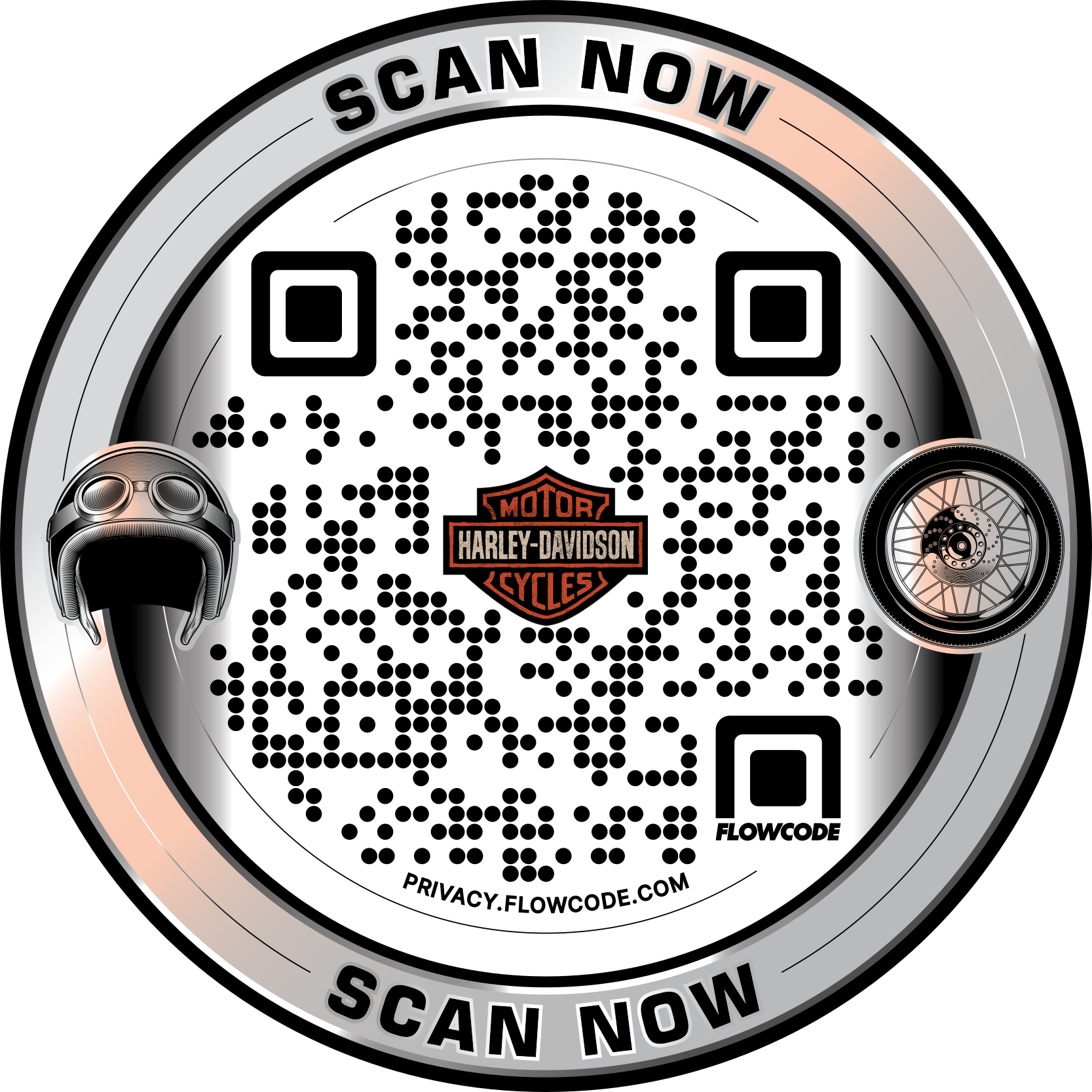

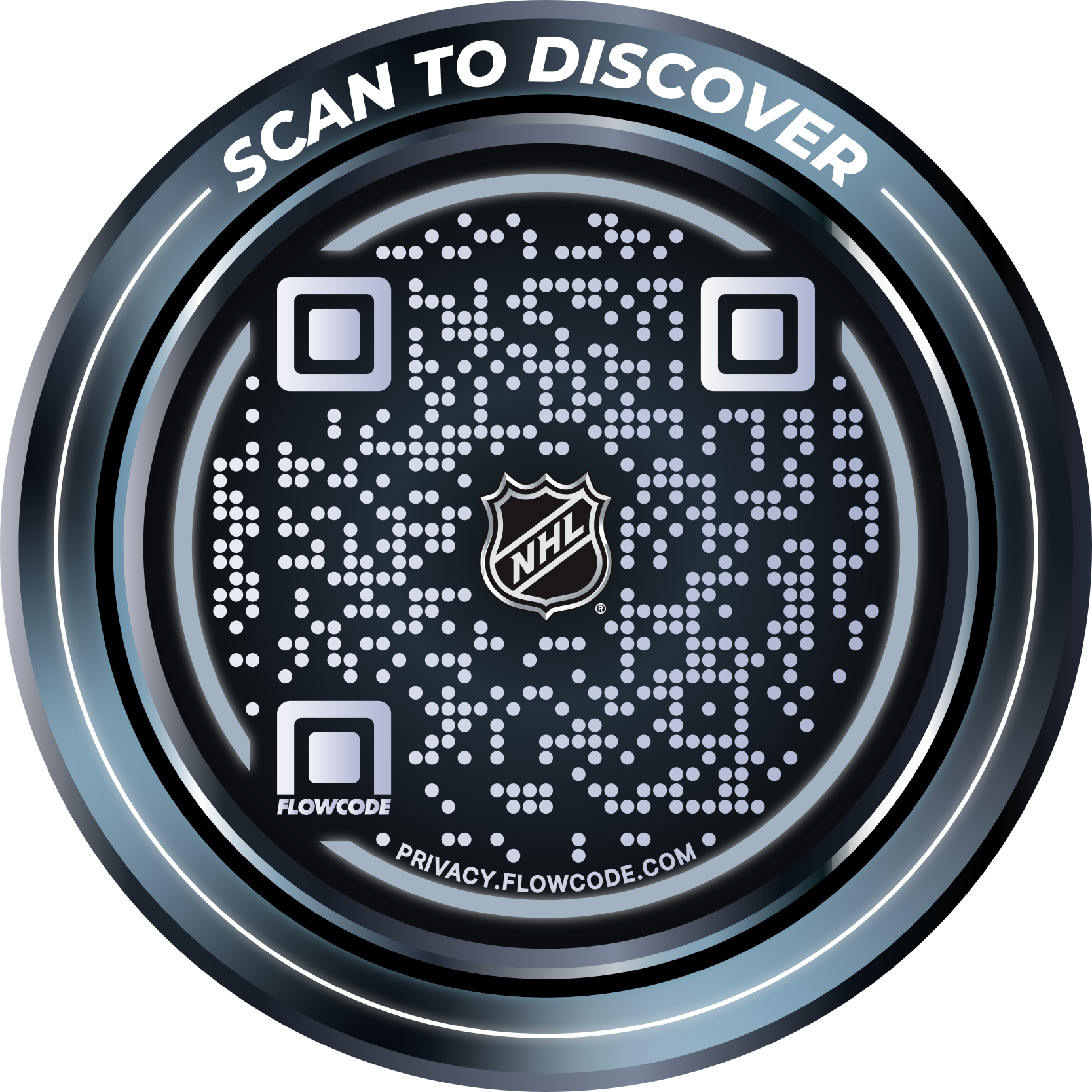
.png)
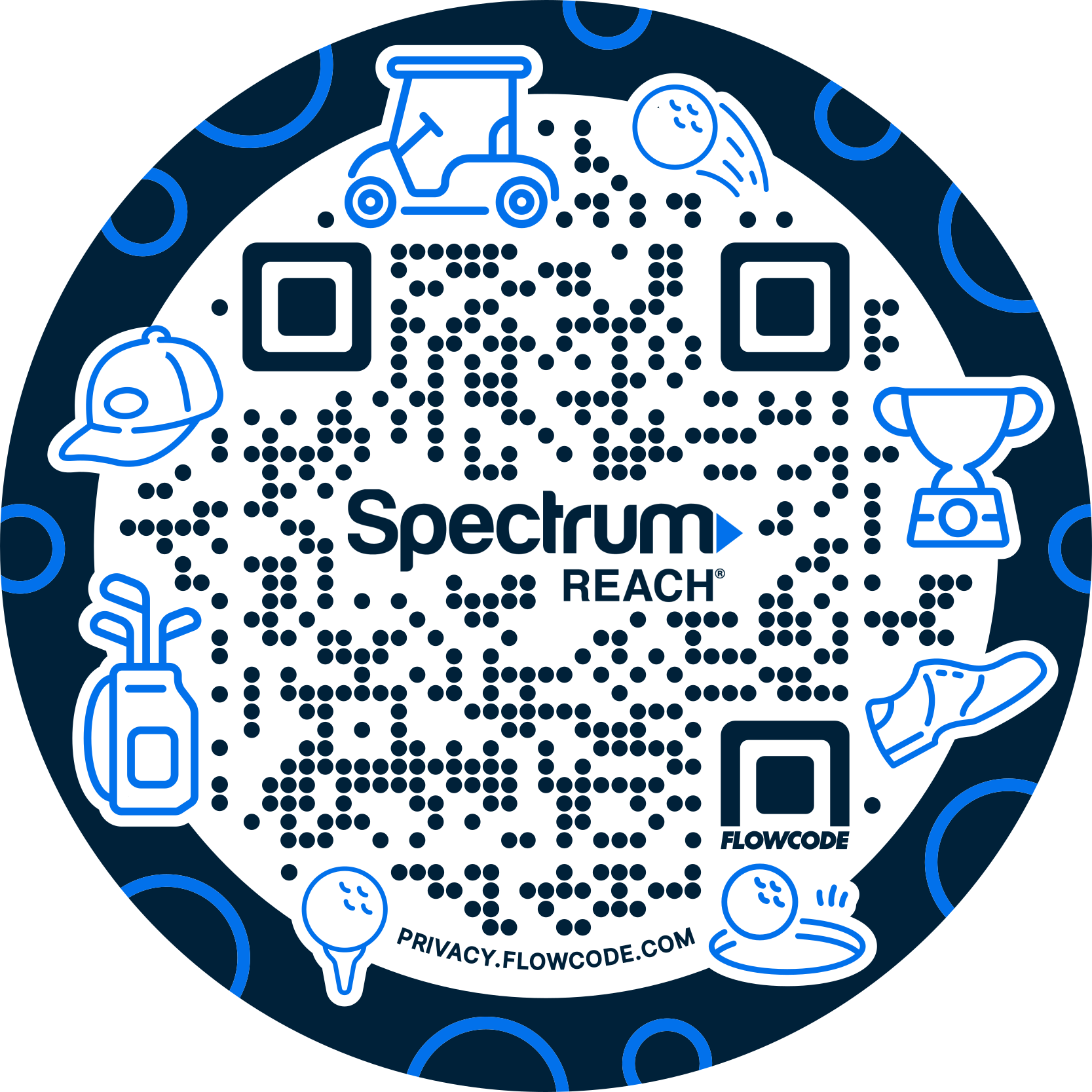
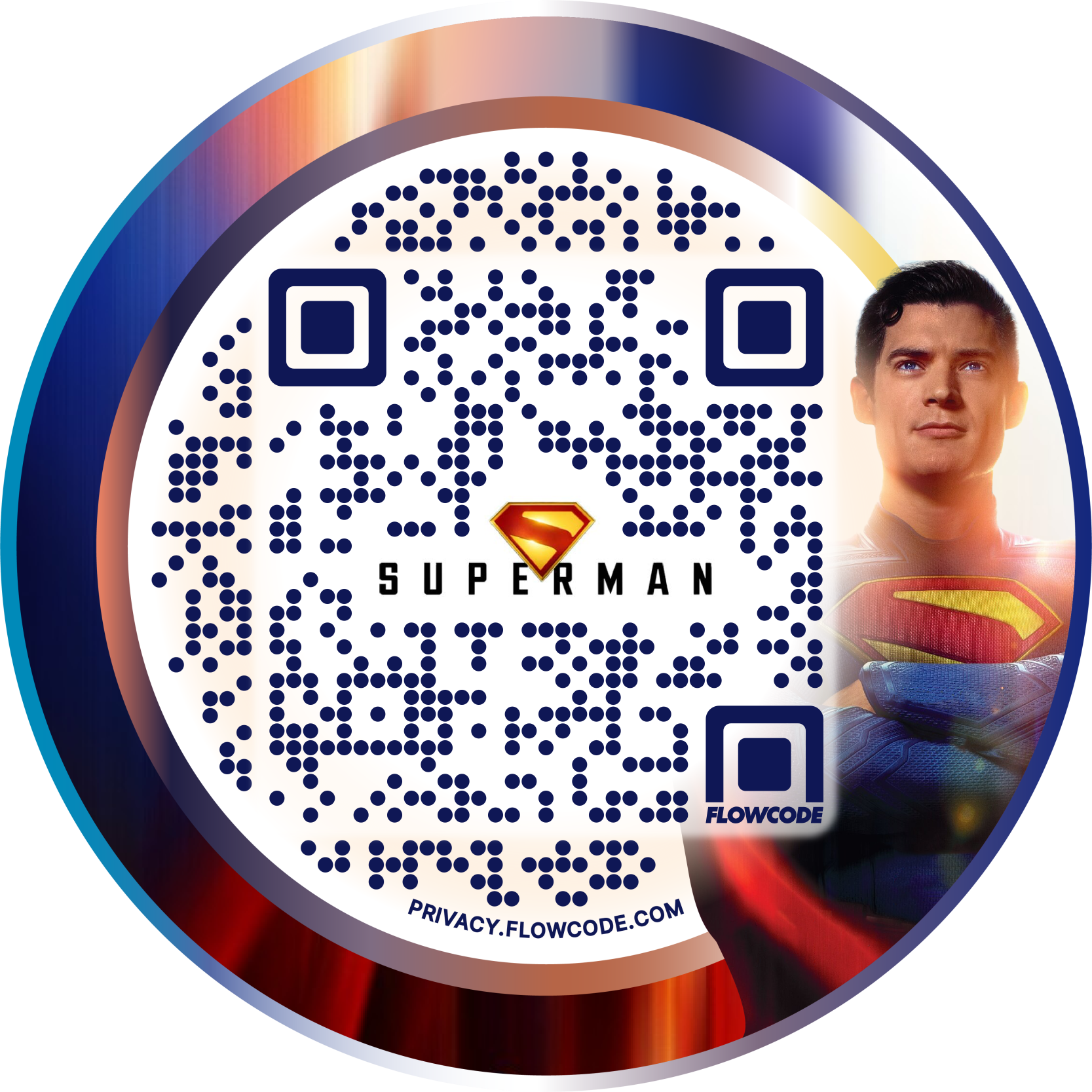
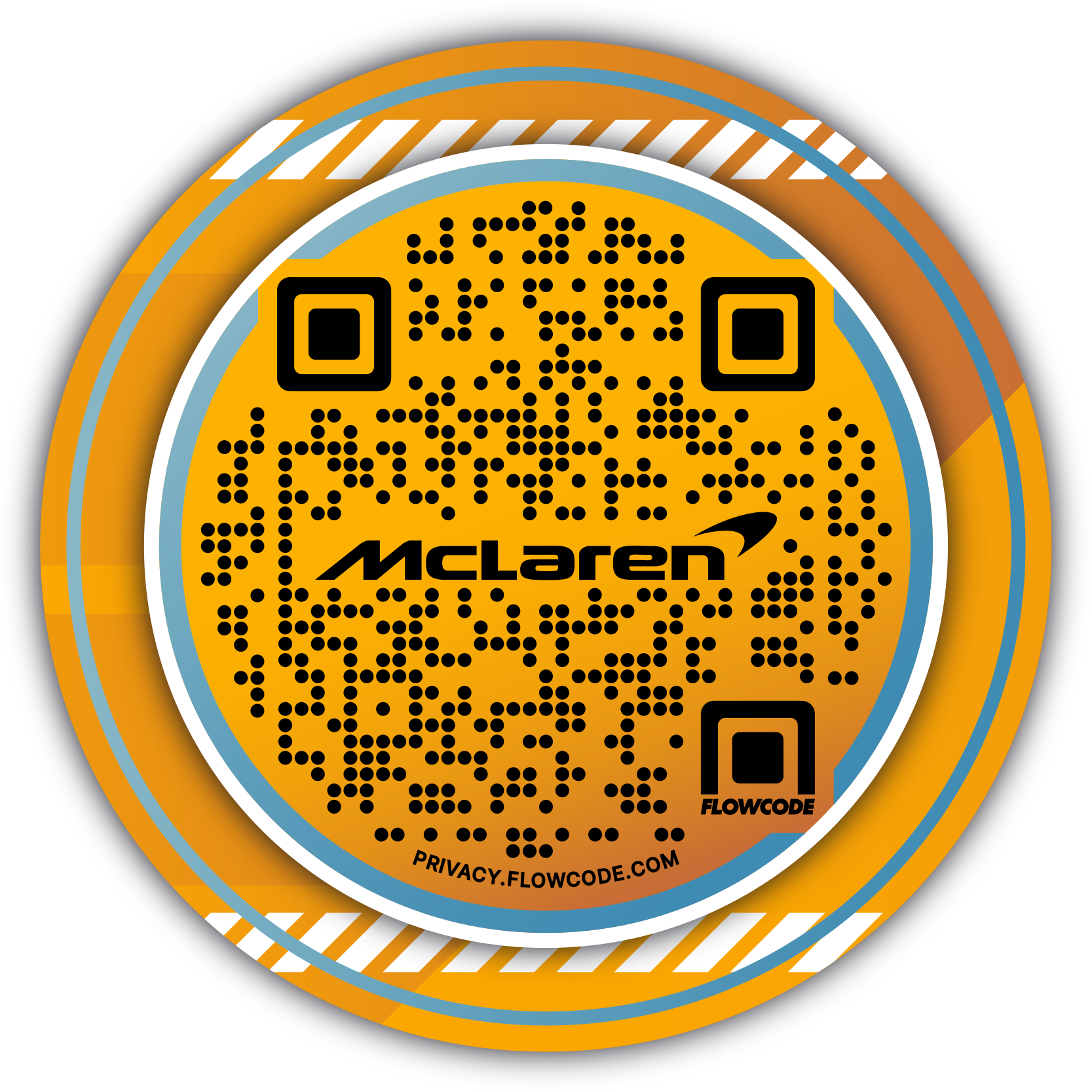
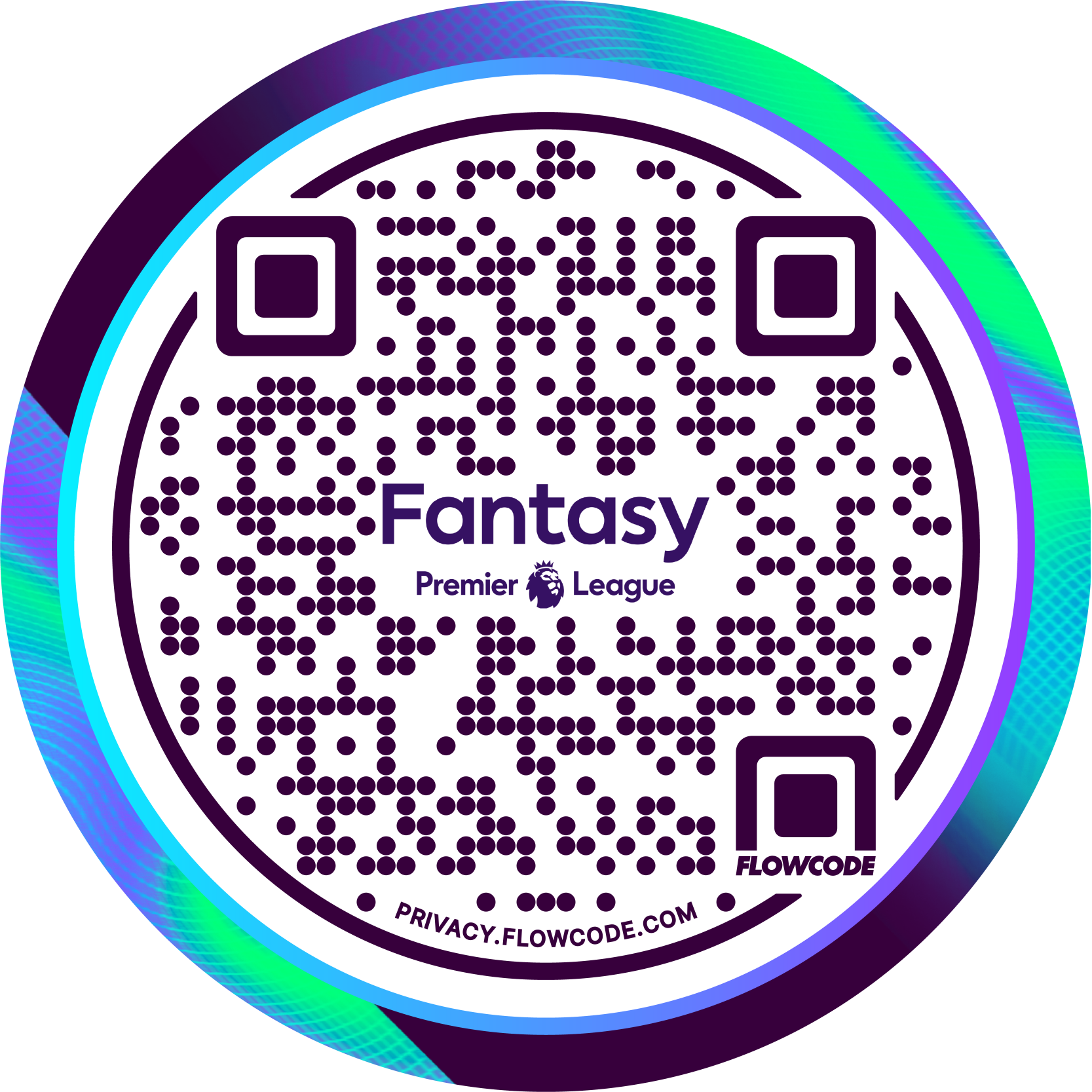
.png)
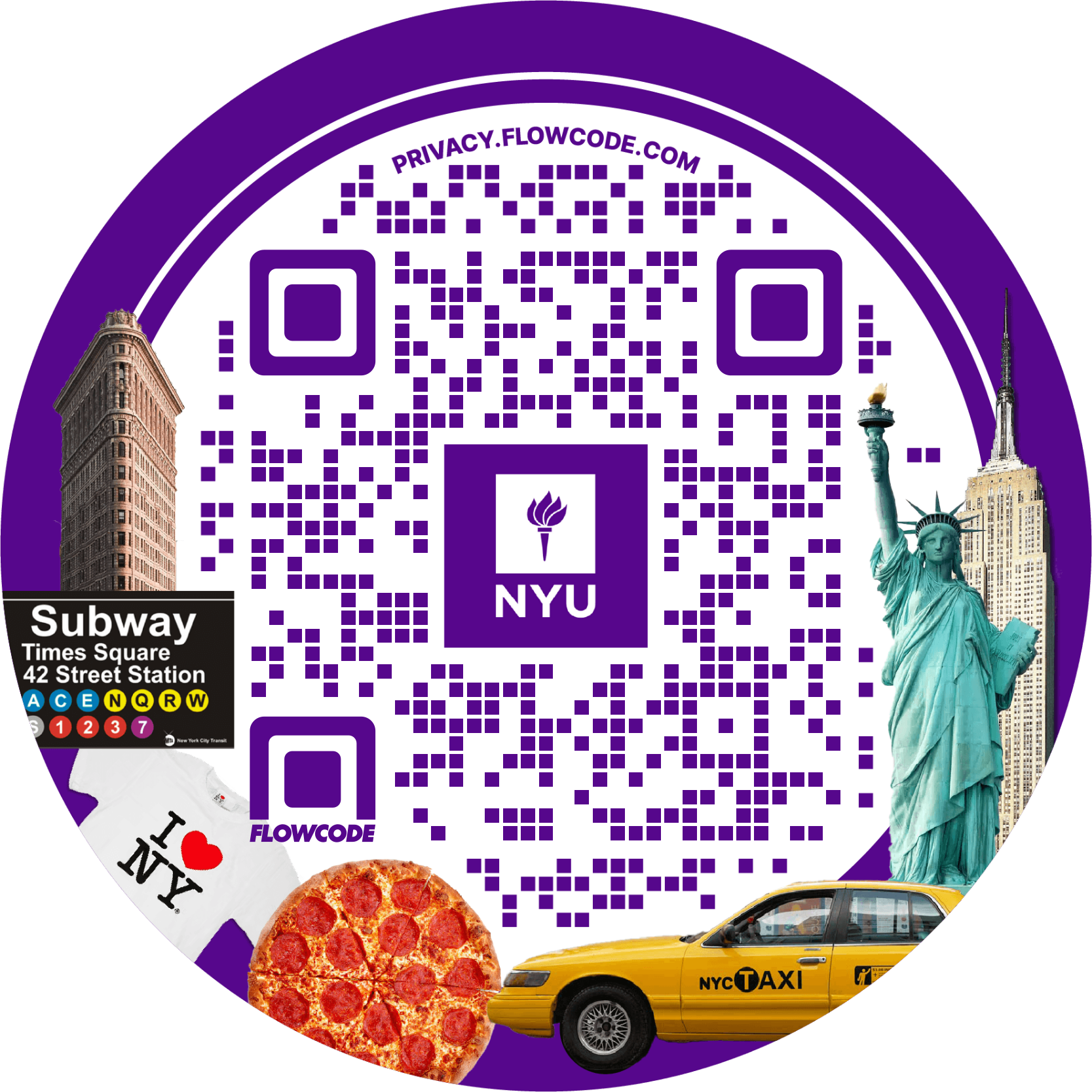
.png)
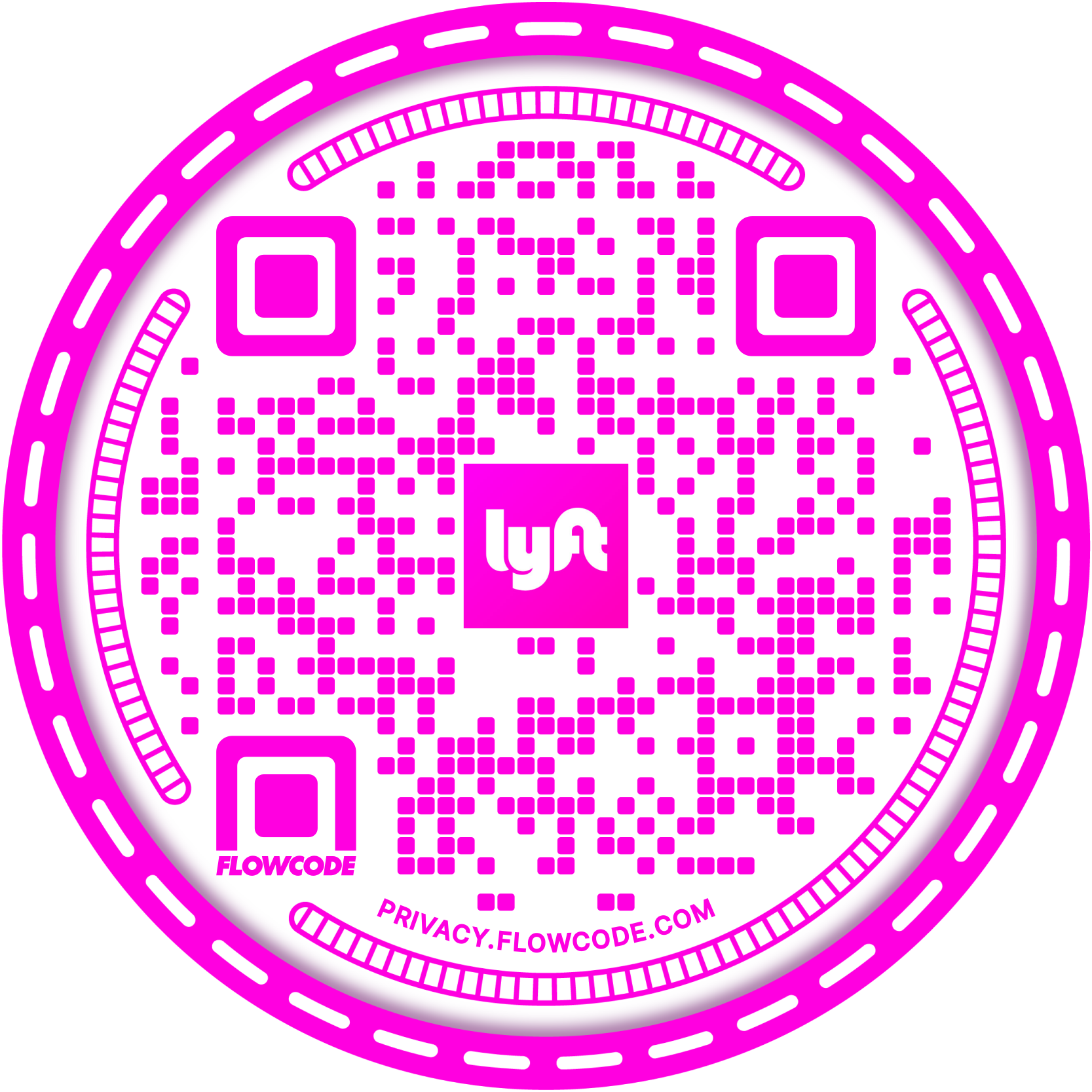
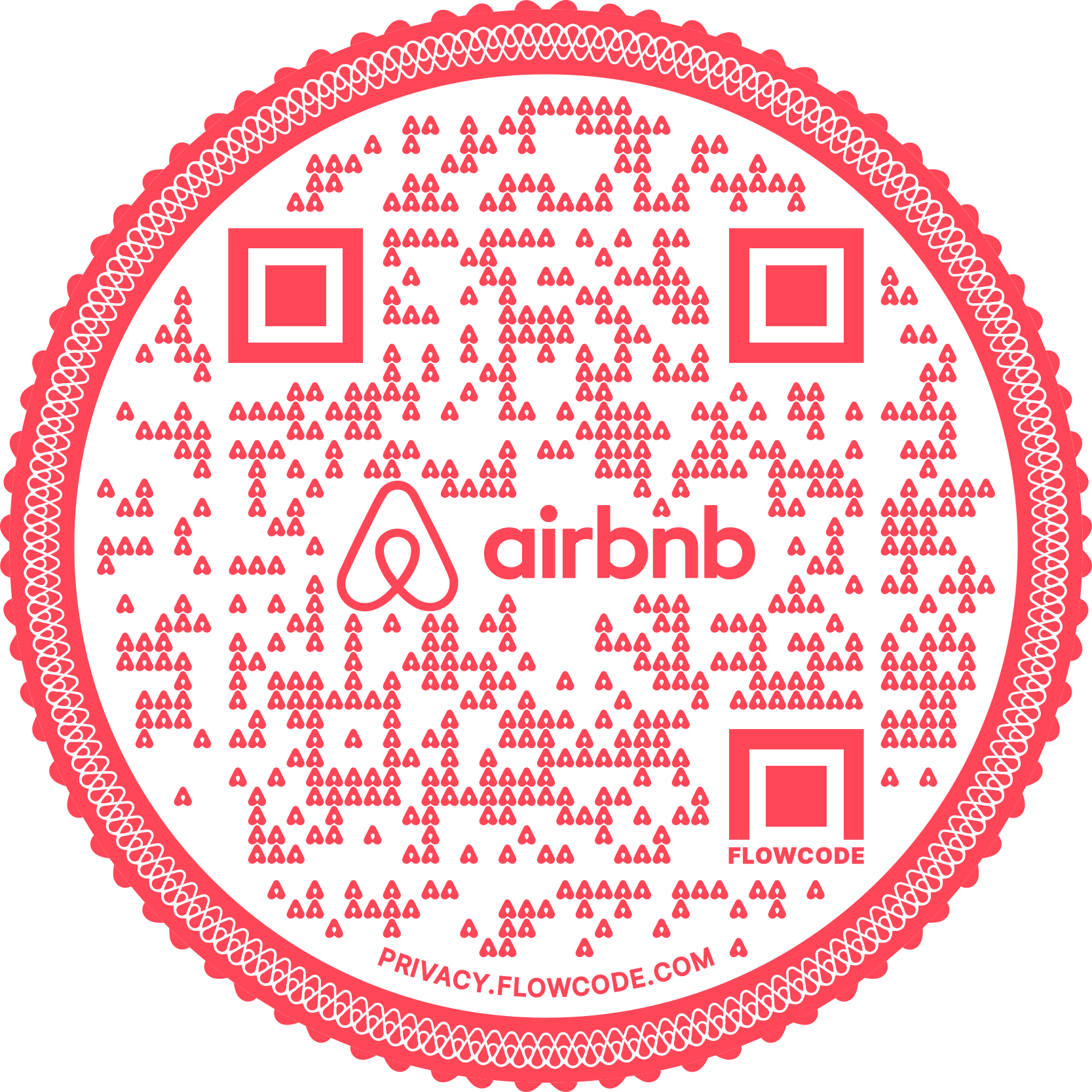
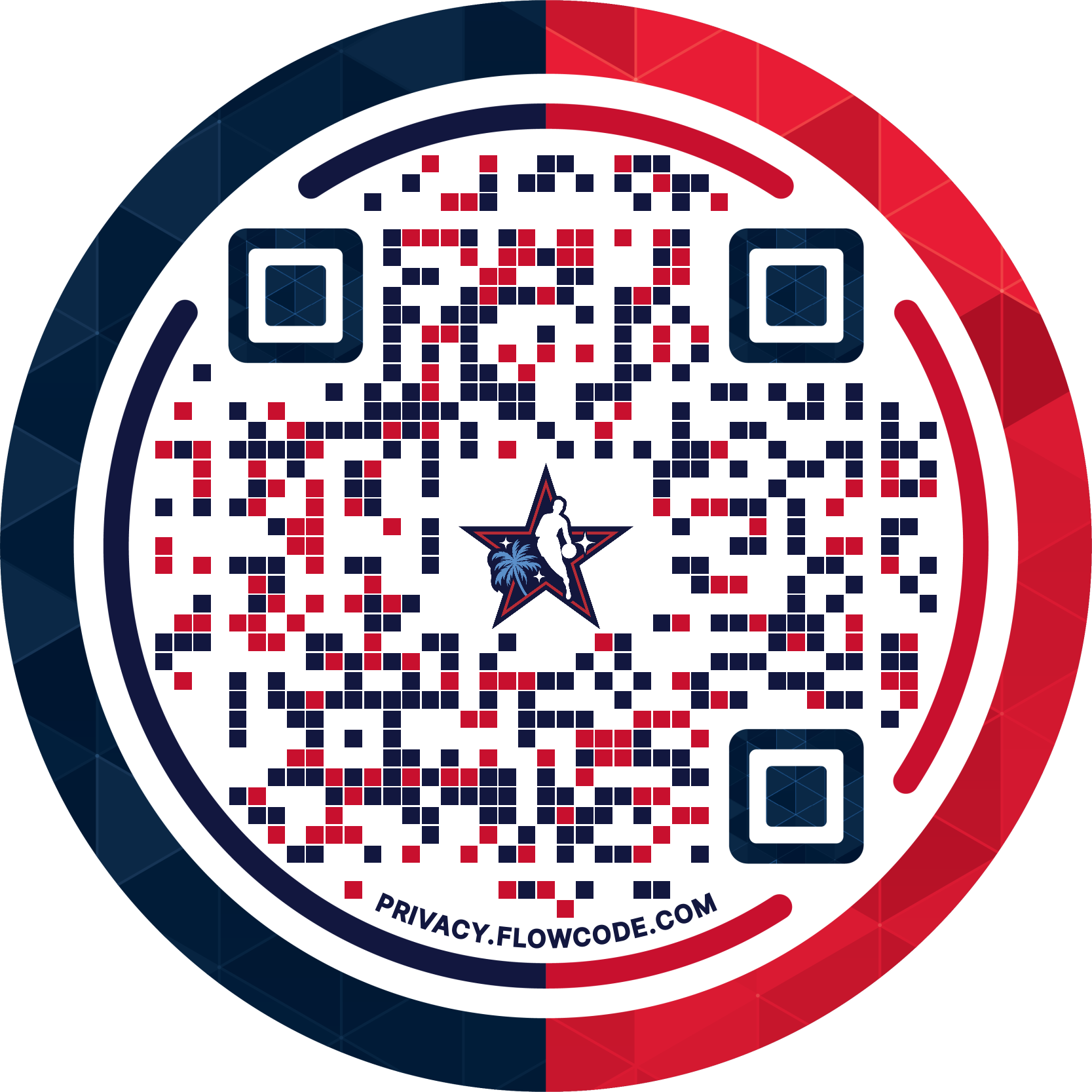
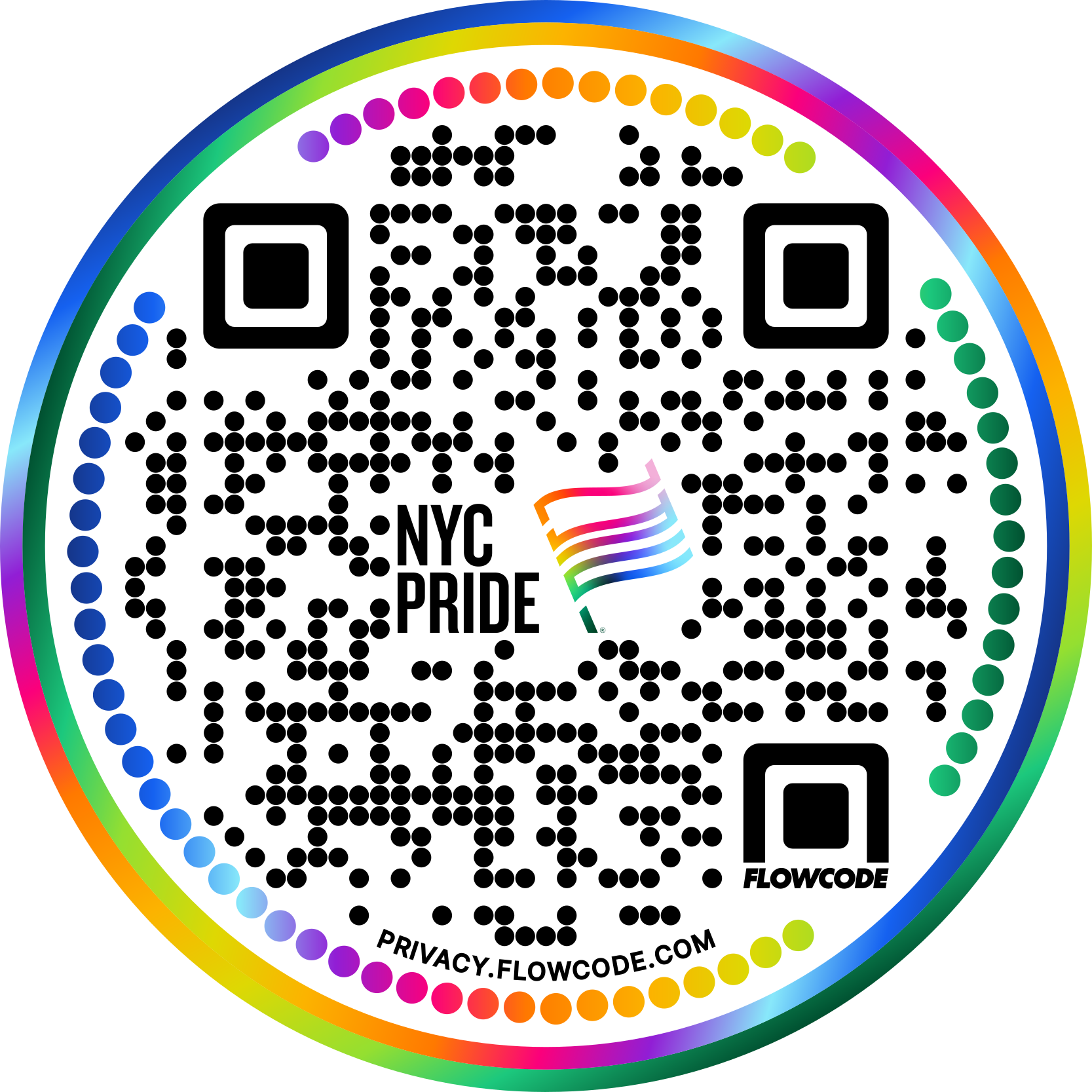

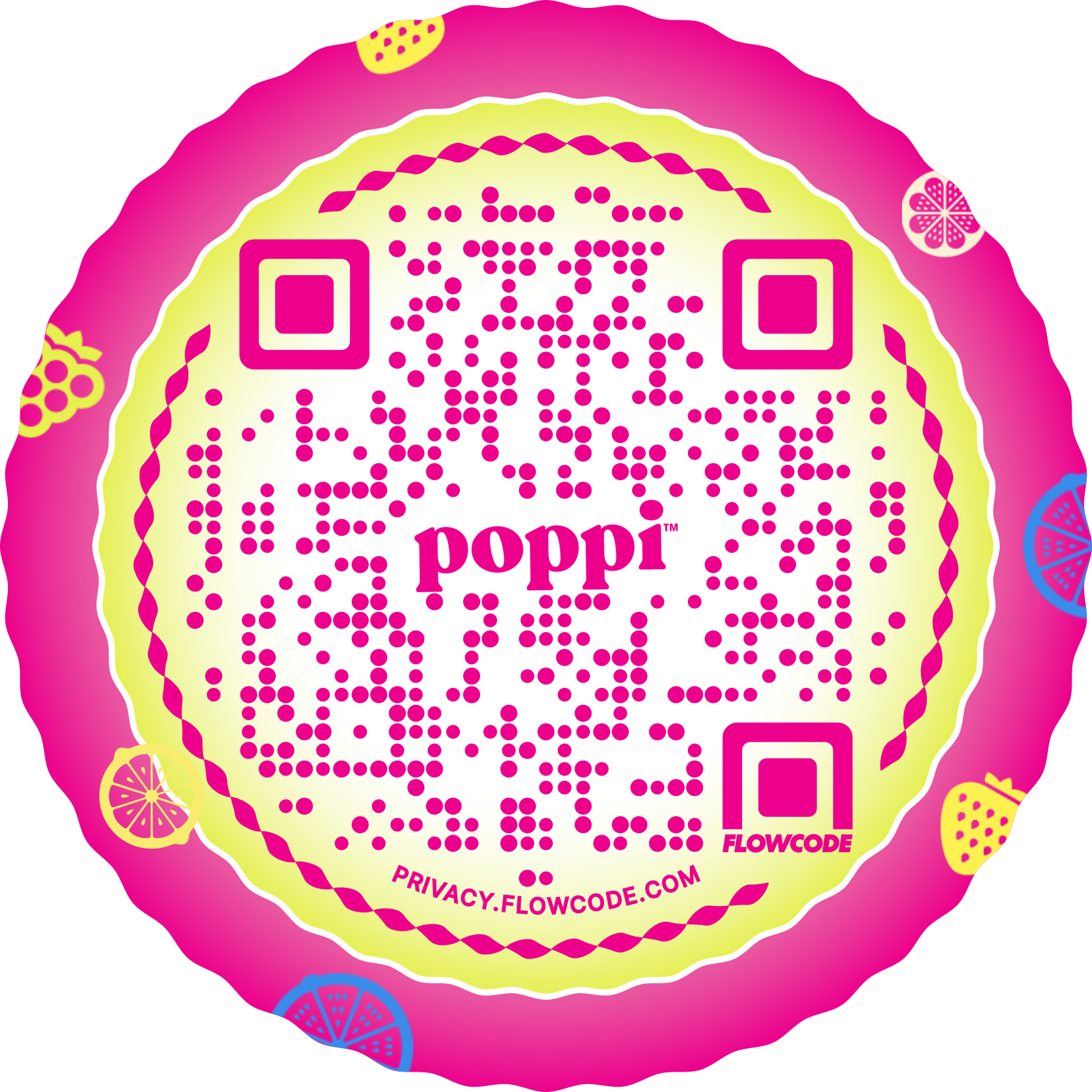
.png)
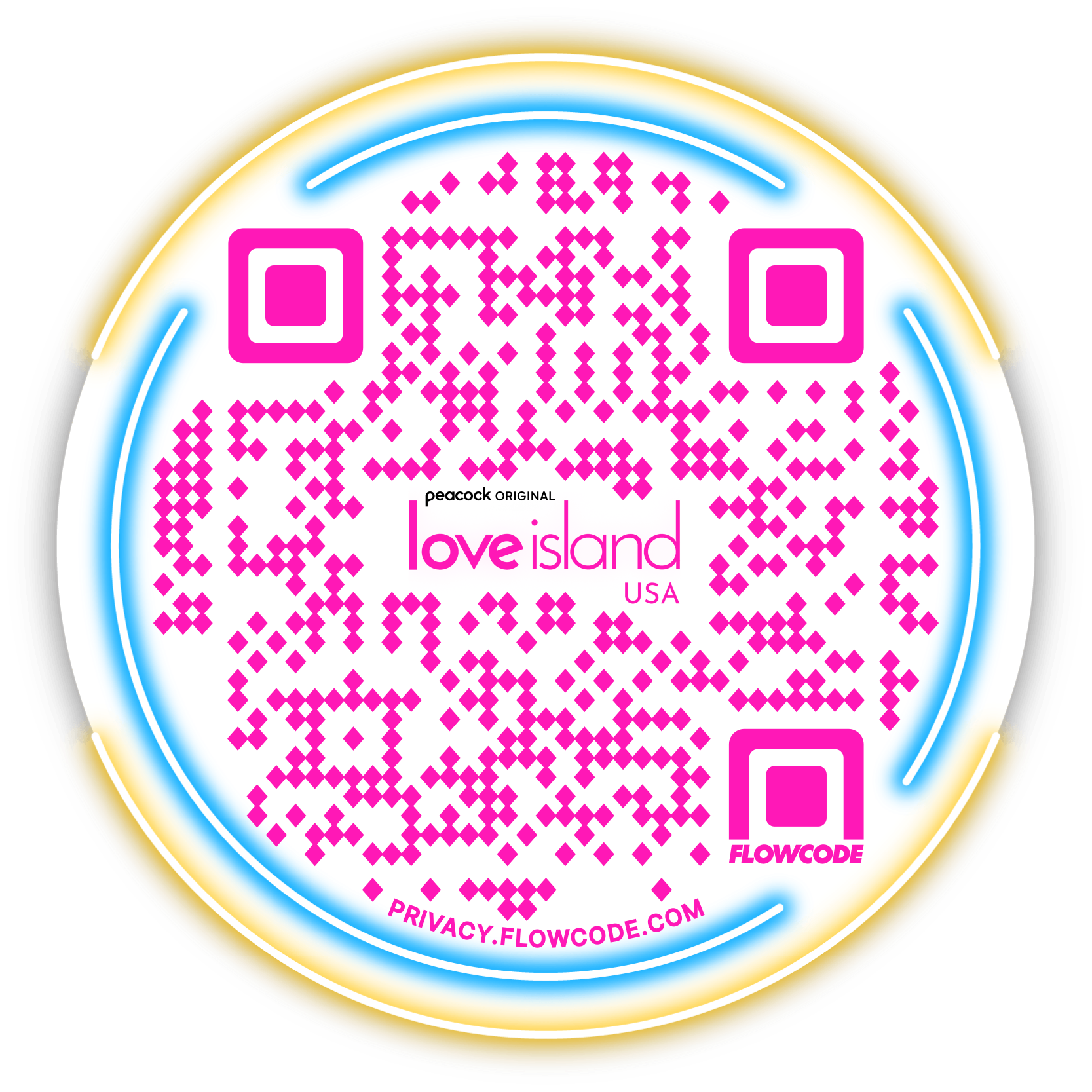

.png)
.png)
.png)

.png)

%20copy%203.png)






.png)


